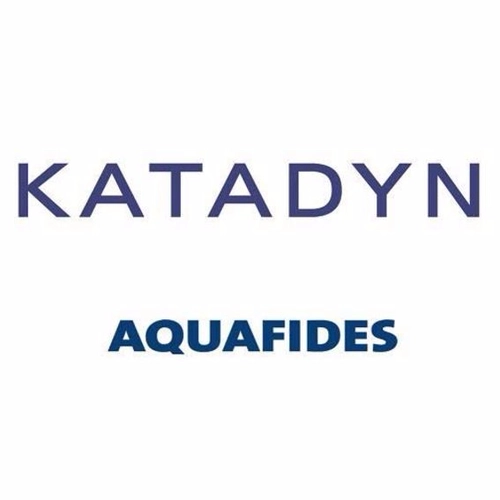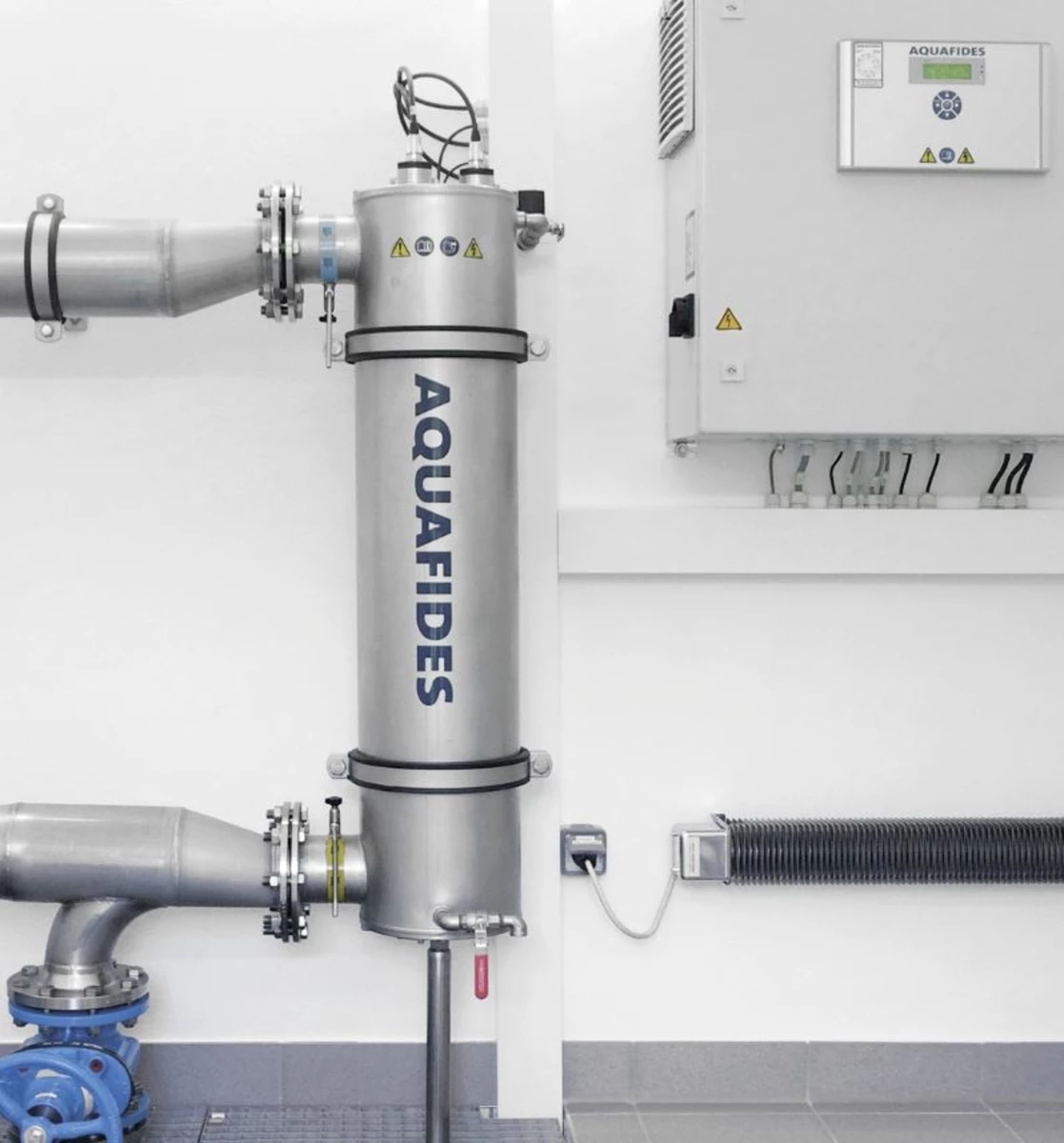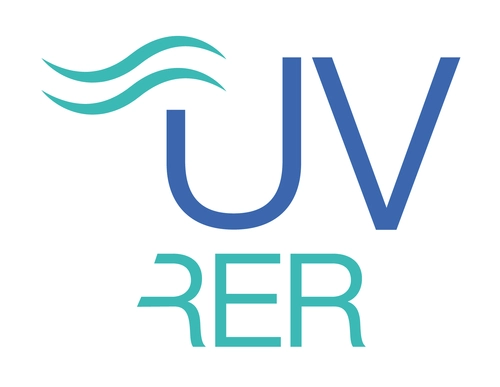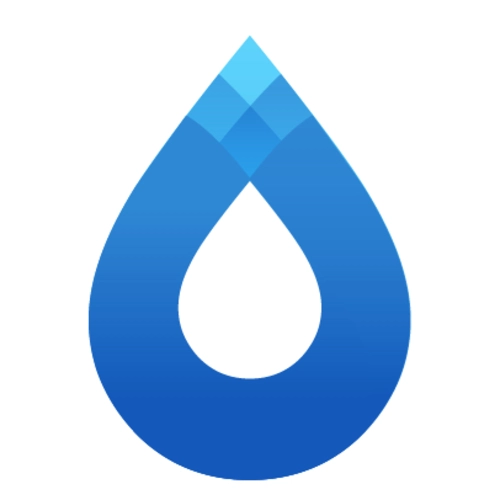Can we do without chlorine for drinking water?
4 answers
Hello, yes of course. We have been experts for 40 years in UV drinking water disinfection.
Stephane Sadoun 06 45 18 61 80
hello, yes through a UVC bactericide which destroys viruses, bacteria, yeasts, molds and micro-algae contained in the water. For more details you can visit our website www.uvrer-anemo.com . I remain at your disposal. Cordially
Philippe PREVEL, UVRER, philippe.prevel@uvrer.com, 0680254149
Hello,
This is possible but only at the point of use with UV or ultrafiltration solutions that we offer ACQUA-UV and ACQUA-UF.
Chlorine has an advantage: it is persistent and therefore allows long-lasting disinfection in the distribution network. Our SciCHLOR technology can disinfect drinking water, for example.
UV and filtration do not allow a lasting action and the water must be consumed quickly.
Behind this question, there is a legal notion. If the WHO recommends a minimum dose, there is a reason. Chlorine remains the most economical reagent that allows persistence and long-lasting disinfection.
Hello,
Indeed you can do without chlorine to make the water safe for consumption.
Filtration then treatment with UV C or reverse osmosis makes the water bacteriologically clean.
Do not hesitate to contact us so that together we can take stock of your needs and the quality of the water you wish to treat.
Either directly to ESA Evolutions by telephone 0232774168 or by email to contact@esa-evolutions.fr
You can also visit our merchant site www.chouchousdesa.fr , where you will find a wide range of products for water purification.
Cordially.
Patrick
Questions on the same topic
I am looking for online training on the treatment of unconventional water, specifically desalination and demineralization. Do you have any tips or recommendations?
Last response: Hello, I recommend the IOWater training courses! Cordially Isabelle Duchemin / Polymem
How to analyze the hardness of soft water?
Last response: You need a colorimetric analyzer that uses solutions that will color the water depending on the degree of hardness. This mixture is then passed in front of a lamp which then determines the hardness... Read more
What is the difference between prechlorination and disinfection?
Last response: Hello Pre-chlorination is a process for treating certain reducing compounds at the entry into the potabilisation process. This technique can lead to the formation of undesirable by-products or THMs... Read more
What industries benefit most from advanced wastewater treatment technologies ?
Last response: Les technologies avancées de traitement des eaux usées sont particulièrement bénéfiques dans plusieurs secteurs industriels. Read more
Can water be made drinkable with bacteria?
Last response: Hello, BIO-UV Group specializes in UV treatment for the destruction of bacteria. You can contact us by phone at 0678827319 - Mr. Nguyen Alain Technical Sales Engineer or by email uvps@bio-uv.com . Read more
What is the impact of mineral ions on water purification?
Last response: Les ions minéraux jouent un rôle crucial dans les procédés de purification de l'eau, influençant divers aspects technico-chimiques. Read more
What are the differences between UV treatment and reverse osmosis? In which situation is one better than the other for the production of drinking water for a city (+15,000 inhabitants)?
Last response: UV treatment et osmose inverse sont deux méthodes distinctes de traitement de l'eau, chacune ayant ses propres applications. Read more
How to treat slightly potentiated well water in a mineral water company?
Last response: Hello, Depending on the composition of the water, ion exchange resins could fix the potassium for sodium. The installation, simple in design, would only consume salts.
Raw and drinking water quality limits and references
Last response: La qualité de l'eau brute et de l'eau potable est régie par des normes strictes, souvent définies à l'échelle européenne par la Directive 98/83/CE, transposée en droit français par le Code de la... Read more
What is the maximum residual chlorine level allowed in well water?
Last response: 5ppm not to be exceeded. Verification by self-control of free chlorine (used a cholro photometer.)





